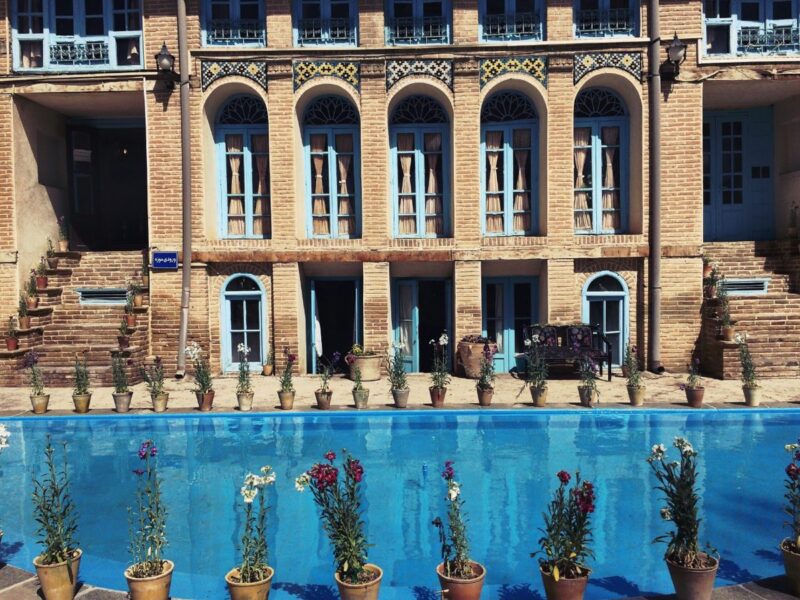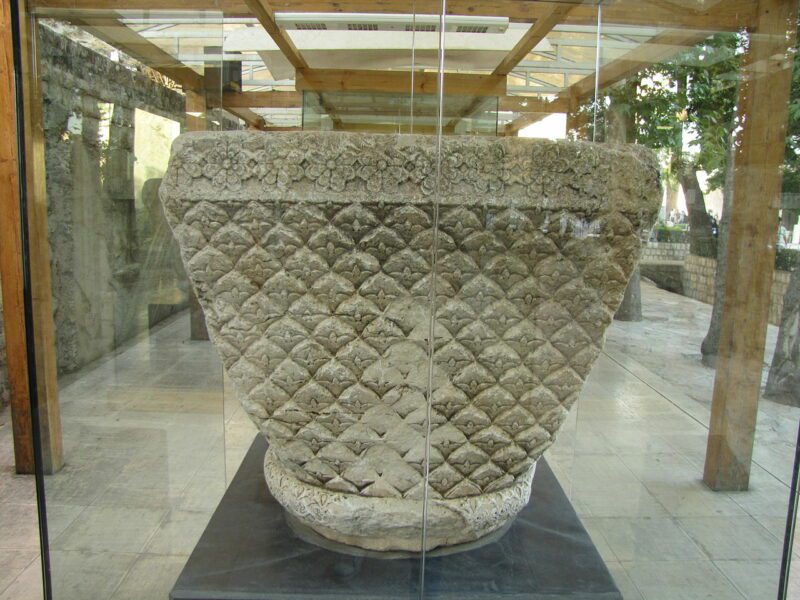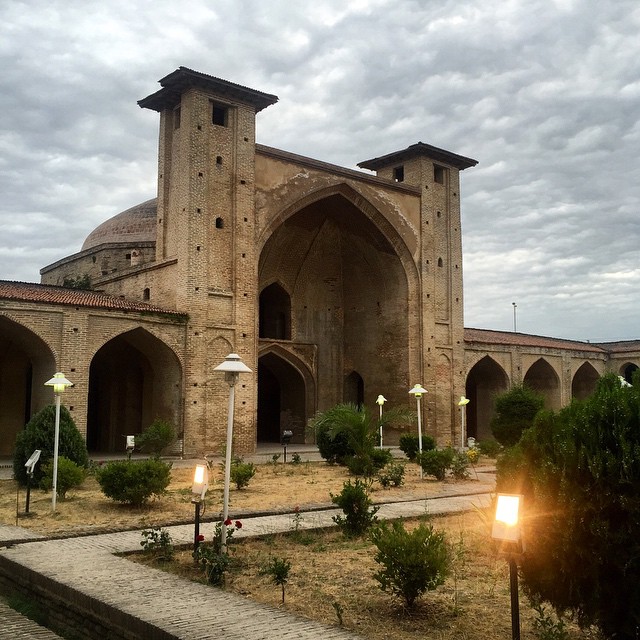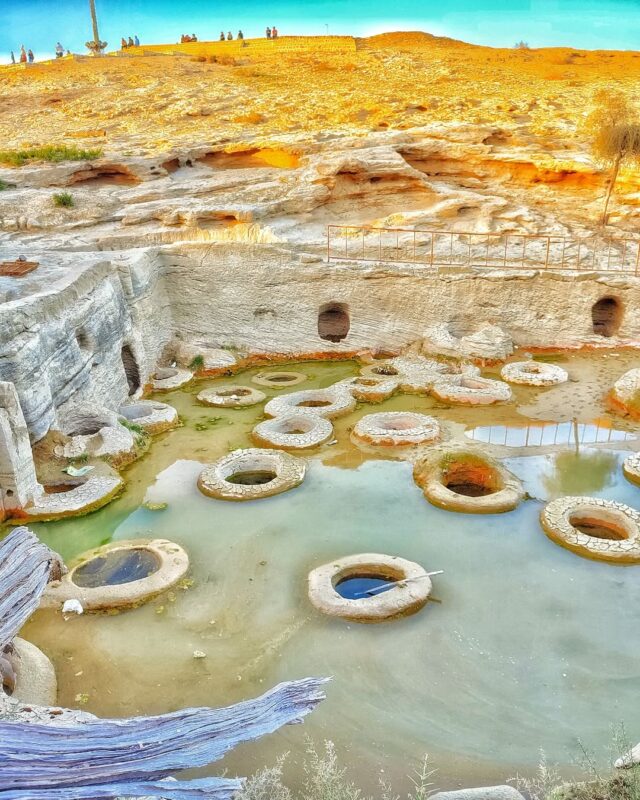Boroujerd Egyptian House: a journey to the heart of history and culture
The Egyptian house, which is also known as the Tabatabai house, is located in Borujerd city on Safa Street. This house, which was built in the Qajar period by Seyyed Kamaluddin Nabavi Tabatabai, is an example of noble residential architecture in that period.
Architecture:
The Egyptian house with interior and exterior plan, central courtyard and exquisite decorations is an example of magnificent Qajar architecture.
Brick is used as the main material in the construction of the house, and brick decorations, tiling and painting have given it a special beauty and elegance.
The lofty porch on the south side of the yard, luxurious hall, living rooms and kitchen are among the interior parts of the house.
The exterior of the house includes a large yard, hall, guest rooms and stables.
Different sections:
Central courtyard: The courtyard is a pleasant and green space where there is a large pond and various trees and flowers.
Hall: The hall is a large and luxurious space that is used to receive guests and hold various ceremonies.
Living rooms: Living rooms have been a place for family to relax and spend their free time.
Kitchen: The kitchen was a space for cooking food.
Stable: The stable was a space for keeping horses and other animals.
In addition to the mentioned items:
The Egyptian House is currently used as the Borujerd Anthropology Museum.
Exquisite objects and dishes, traditional agricultural tools, historical documents and valuable manuscripts are displayed in this museum.
Visiting the Egyptian house is an opportunity to learn about the history, culture and architecture of Iran during the Qajar period.
Boroujerd Egyptian House




Join The Discussion